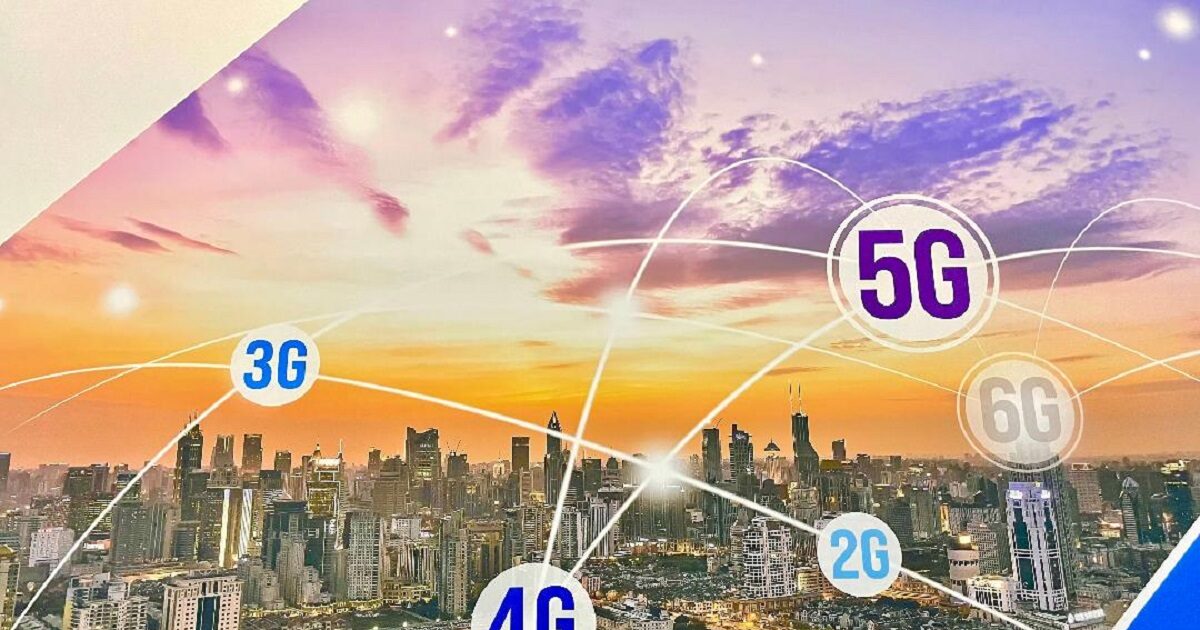A few days before the Christmas 1992, the then 22 -year -old Neil Papworth developer from the United Kingdom, sent the first written electronic message to history to his colleague Richard Jarvis via Vodafone. Worked as a programmer and test engineer to create short messages (SMS). His message was a simple “Merry Christmas”.
It is unlikely that he had imagined that 32 Christmas after, SMS messages according to converging estimates seeing the light of publicity More than 20 billion sms are sent daily worldwide. It is not even noted that the data are only for traditional SMS and do not include messages sent through messaging applications such as WhatsApp, Facebook Messenger, Snapchat, Viber WeChat, Telegram whose users amount to hundreds of millions per application.
Written messages at their start had a limit of 160 characters. First users have surpassed this restriction by creating symbols of keyboard characters to express emotions. They later inspired the creation of the first emojis (characters that symbolize emotions and ideas). In 1999, seven years after Neil’s first SMS, messages could finally be exchanged in multiple networks, promoting them more popular than ever.
As well as no one could predict the degree of penetration of mobile telephony throughout the globe, even in the poorest countries. Specifically, according to GSMA data, the number of mobile subscribers worldwide exceeds $ 5.6 billion with the prospect of 2030 reaching 6.3 billion in number.
With the impressive 60% of the world population having internet access through the mobile phone as it has a smart phone, enabling communication from anywhere on the planet with any. As well as the ability in real time to control and manage everything: our mobile and immovable property, to make our purchases and to devote much to our entertainment. Something that had foreseen and to some extent the Italian great inventor of Wireless William Marconi 92 years ago.
Speaking to journalist Aleko Lidoriki in 1932 during a visit to Athens, accompanied by his wife, he had told Lidoriki: “We are not far from the time of an absolute broadcasting prevailing. Soon we will not need to accept the mediation of the radio station. Everyone from his home will be able to talk to persons who are very far away, on the other side of the world, and this will certainly be a paradise and ease and economy. “
